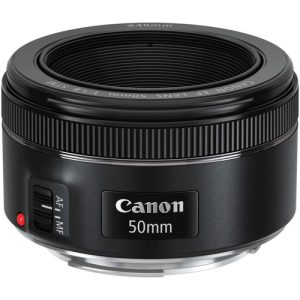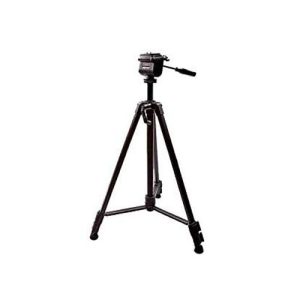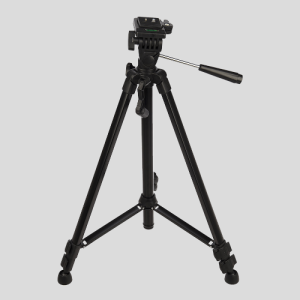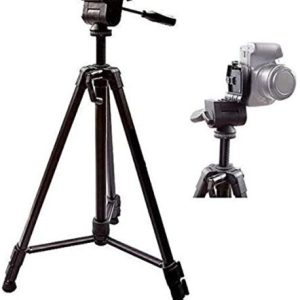Factors Affecting the Speed and Quality of Internet Connection

The speed and quality of your internet connection play a crucial role in your overall online experience. Several factors can affect these aspects, including:

Internet Service Provider (ISP) and Connection Type:

- ISP: Different ISPs offer varying levels of speed and reliability. Conduct research to find the best ISP in your area that provides stable and high-speed internet service.
- Connection Type: There are several connection types available, including DSL, cable, fiber, and satellite. Fiber optic connections generally deliver the fastest and most reliable internet speeds.
Internet Plan:
- Speed: Consider your internet needs and choose a plan that offers sufficient speed for your activities. Higher speeds are ideal for streaming videos, gaming, or downloading large files.
- Data Caps: Some ISPs impose data caps, limiting the amount of data you can use per month. Ensure you select a plan with a data cap that suits your usage patterns.
Network Congestion:
- Peak Hours: Internet traffic tends to be heavier during peak hours, such as evenings and weekends. This can lead to slower speeds and increased latency. Consider using the internet during off-peak hours to avoid congestion.
- Number of Users: The more devices connected to your network, the greater the demand on your internet connection. Disconnect unused devices to improve speed.
Home Network Setup:
- Wi-Fi Signal Strength: Ensure your Wi-Fi signal is strong throughout your home. Factors like distance from the router, physical obstructions, and interference from other devices can affect signal strength.
- Router Placement: Position your router in a central location in your home to ensure even signal distribution. Avoid placing it near walls, metal objects, or other electronic devices that might interfere with the signal.
- Router Capacity: If you have many devices connected to your network, consider upgrading to a router with a higher capacity to handle multiple connections simultaneously.
Device Capabilities:
- Device Specifications: Ensure your devices meet the minimum requirements for the desired internet speed. Older devices may not be able to handle higher speeds.
- Software and Updates: Keep your devices’ software and operating systems up to date. Updates often include patches that optimize performance and resolve connectivity issues.
Website and Server Performance:
- Server Load: The speed at which a website loads can be affected by the server hosting it. Some servers may experience high traffic or technical issues, resulting in slower loading times.
- Content Type: The type of content you’re accessing can also influence speed. Streaming videos or downloading large files, for example, requires more bandwidth and might take longer to load.
Physical Infrastructure:
- Distance from Exchange: The farther you are from the nearest network exchange or switching station, the slower your internet connection might be.
- Cable Quality: The condition of the cables transmitting data to your home can impact speed. Old or damaged cables might lead to slower speeds and interruptions.
By understanding these factors and taking appropriate measures, you can optimize your internet connection for better speed and quality, ensuring a smoother and more enjoyable online experience.









